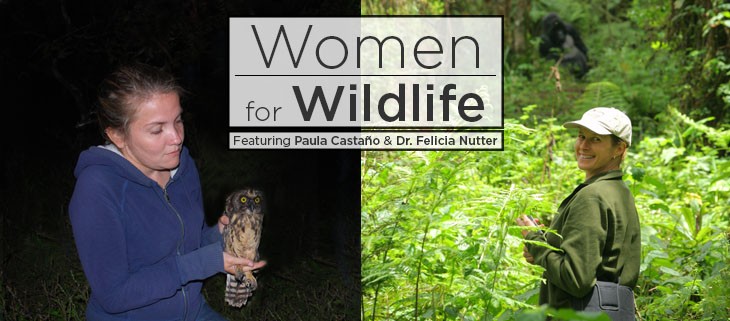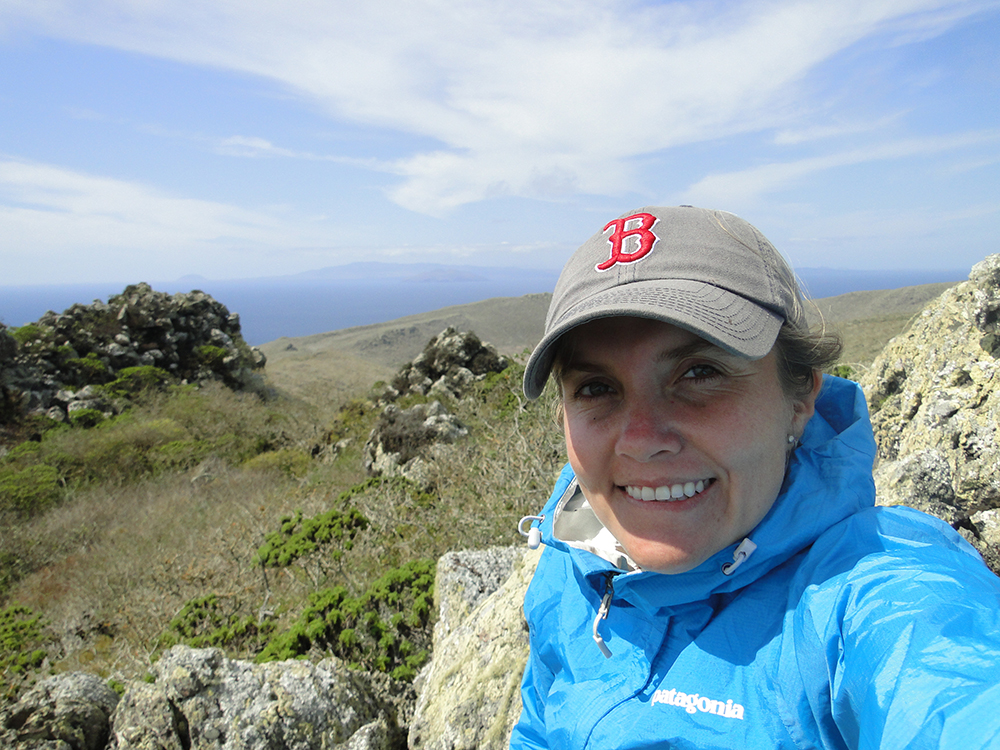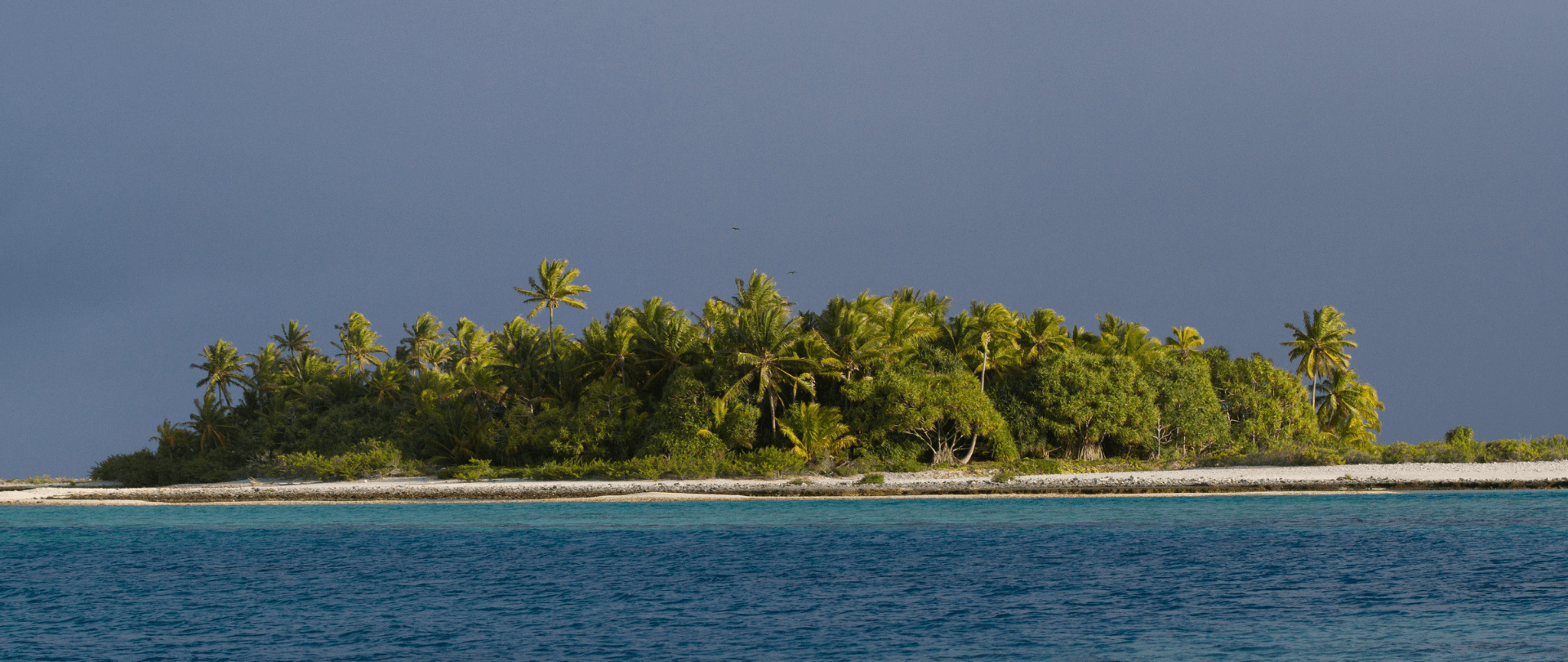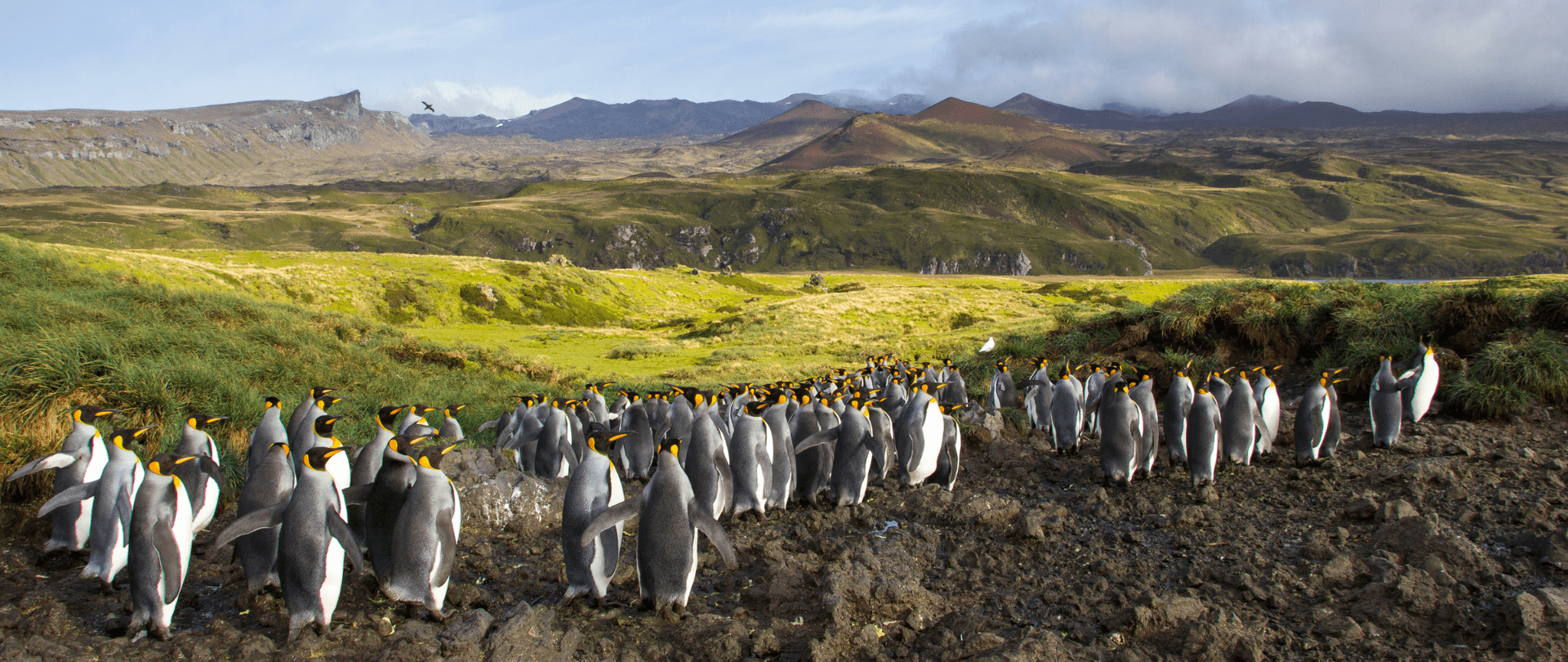The Ebiil Society: Champions of Palau
Ann Singeo, founder of our partner organization the Ebiil Society, shares her vision for a thriving Palau and a flourishing world of indigenous science!
Our new online shop is live!
Published on
March 1, 2017
Written by
Paula
Photo credit
Paula

I have had the privilege of being surrounded by many amazing women in science throughout my career development. Each and every one of them has helped me become what I am today and to reach my long-term career goals in conservation. However, one of them has a special place in my heart as she was and has always been there to support me throughout my development as a young scientist. In honor of Women’s History Month, I’m pleased to share how Dr. Felicia B. Nutter has contributed to my growth as a conservationist.
Dr. Nutter is a wildlife veterinarian, epidemiologist, and conservationist that has worked in the African forests of Rwanda to aid the conservation of mountain gorillas, supervised the animal care of seals and sea lions at the Marine Mammal Center in Sausalito, CA, and currently is the Director for the International Veterinary Medicine Program at Tufts Cummings School of Veterinary Medicine and Senior Technical Veterinary Officer for the USAID One Health Workforce (RESPOND project) for Southeast Asia.

Her career path is an example of the broadening and important role that wildlife veterinarians have in conservation but also our global and changing society. It is also a good representation of what it means to work in the field of conservation medicine and take this approach to global health and biodiversity conservation. As wildlife veterinarians or veterinarians in general, we always tend to focus on the immediate impact we can have on the individual animal health, however, if we want to have a greater impact and protect entire populations, we need to tackle the issues at the larger scale, where interdisciplinary collaboration between researchers, field biologists, veterinarians, physicians, land managers, public health officials, educators and others is essential for achieving these goals.
Like Felicia, I’m a wildlife veterinarian. I had the opportunity to cross paths with Felicia during my Masters in Conservation Medicine at Tufts University, where she served as my supervisor. During these years I was able to find in Felicia not only a mentor but also a friend. She was very supportive and made me feel empowered and capable of reaching any goal I set for myself. I still remembered her giving me what I believe some of the best advice I’ve ever received:
Every time you get the opportunity to work with other colleagues during an externship or any job, please remember to be attentive and willing to learn as much as possible and do any work that they may ask you to do, even though it may not be as exciting as being in the field.
Since that day, I have always held this advice as my mantra. I believe this advice has brought me closer to achieving my long-term career goals in conservation and becoming a Woman in Science, and has helped me get to where I am today: working as an Island Restoration Specialist (with a focus on native species) for Island Conservation in the amazing Galapagos Islands. In this position, not only do I have the opportunity to work and live in one of the most amazing places in the world, but I also have the opportunity to made a real impact on biodiversity conservation and global health. As the Native Species Specialist for one of our big projects here in Galapagos, “The Floreana Ecological Restoration Project,” I’m helping every day by bringing my unique set of skills as a wildlife veterinarian with a background in conservation medicine to prevent extinctions and ecologically restore the Galapagos ecosystems.

Featured photos: Left: Paula Castaño handling a Galápagos Short-eared Owl. Right: Dr. Felicia B. Nutter working with Mountain Gorillas in Rwanda.
Check out other journal entries we think you might be interested in.

Ann Singeo, founder of our partner organization the Ebiil Society, shares her vision for a thriving Palau and a flourishing world of indigenous science!

This historic agreement aims to protect the marine and coastal areas of the Southeast Pacific.

Our projects to restore key islets in Nukufetau Atoll forecast climate resilience and community benefits in Tuvalu!

Island Conservation and partners have published a new paper quantifying ecosystem resilience on restored islands!

Climate Week NYC: what is it and why is it important? Read on to find out why Island Conservation is attending this amazing event!

With sea levels on the rise, how are the coastlines of islands transforming? Read on to find out how dynamic islands really are!

Join us in celebrating the most amazing sights from around the world by checking out these fantastic conservation photos!

Rare will support the effort to restore island-ocean ecosystems by engaging the Coastal 500 network of local leaders in safeguarding biodiversity (Arlington, VA, USA) Today, international conservation organization Rare announced it has joined the Island-Ocean Connection Challenge (IOCC), a global effort to…

Island Conservation accepts cryptocurrency donations. Make an impact using your digital wallet today!

For Immediate Release Conservation powerhouse BirdLife South Africa has joined the Island-Ocean Connection Challenge (IOCC) – a global initiative aiming to restore, rewild and protect islands, oceans and communities – to support its work to save internationally significant albatross populations…